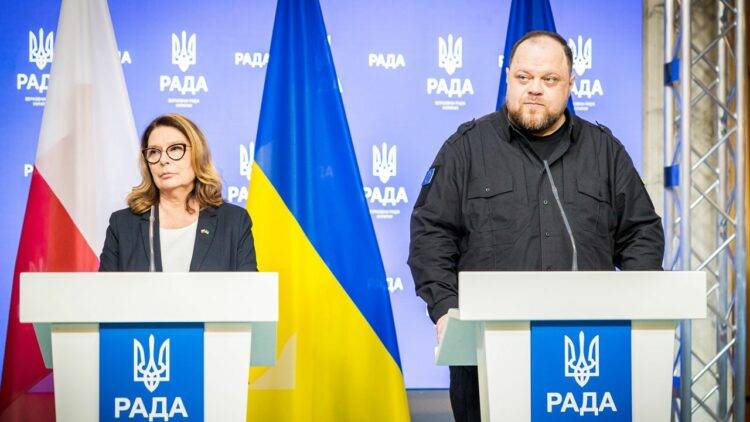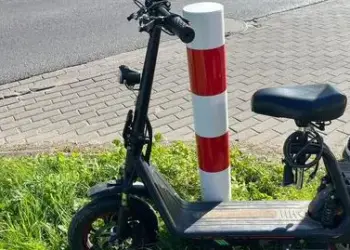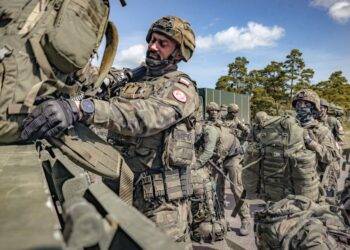The Speaker of Ukraine’s Parliament announced the commencement of negotiations with Poland to establish a security guarantee agreement, aiming to bolster Ukraine’s defense capabilities amid ongoing tensions with Russia.
Ruslan Stefanchuk, Speaker of the Verkhovna Rada of Ukraine, revealed that discussions with Poland are set to begin, focusing on a security agreement intended to enhance Ukraine’s defensive posture. These talks underscore the growing cooperation between the two neighboring countries, particularly in the realm of security and defense.
“These negotiations are a pivotal step towards ensuring the safety and stability of our nation,” Stefanchuk stated. He emphasized the importance of strong alliances and the role of Poland as a strategic partner in this endeavor.
Background and Context
The initiative to pursue a security guarantee agreement comes at a time of heightened military activity and geopolitical tension in Eastern Europe. Ukraine has been seeking to fortify its defenses against potential aggressions from Russia, which has been a persistent threat since the annexation of Crimea in 2014 and the ongoing conflict in Eastern Ukraine.
Poland, a member of NATO, has consistently supported Ukraine’s sovereignty and territorial integrity. The potential security agreement would not only solidify bilateral relations but also integrate Ukraine more closely with Western defense structures, providing a deterrent against further Russian advances.
Key Aspects of the Agreement
While specific details of the security guarantee are yet to be disclosed, the discussions are expected to cover several critical areas:
- Military Support: Provision of military aid and training to enhance Ukraine’s defense capabilities.
- Intelligence Sharing: Increased cooperation in intelligence to monitor and counter potential threats.
- Joint Exercises: Conducting joint military exercises to improve interoperability and readiness.
- Cybersecurity: Collaborative efforts to strengthen defenses against cyber threats, which have been a significant component of modern warfare.
These elements aim to create a robust framework for mutual support and protection, reflecting the strategic interests of both nations.
International Reactions
The move has garnered varied reactions on the international stage. NATO officials have expressed cautious optimism, viewing the potential agreement as a positive step towards regional stability. However, it has also drawn sharp criticism from Moscow, which perceives the strengthening of Ukrainian defense ties with NATO members as a direct threat to its sphere of influence.
“The deepening of military cooperation between Ukraine and Poland is a provocative act that undermines regional security,” said a spokesperson from the Russian Foreign Ministry.
Historical Ties and Future Prospects
Poland and Ukraine share a complex history, marked by periods of both conflict and cooperation. In recent years, their relationship has been defined by mutual support in the face of external threats, particularly from Russia. Poland has been a vocal advocate for Ukraine within the European Union and NATO, pushing for greater integration and support for its eastern neighbor.
The potential security guarantee agreement represents a significant milestone in this evolving partnership. It not only aims to address immediate security concerns but also sets the stage for deeper integration of Ukraine into Western defense and political structures.
Conclusion
As Ukraine and Poland embark on these critical negotiations, the outcome will likely have profound implications for the security dynamics of Eastern Europe. A successful agreement could serve as a blueprint for similar arrangements with other NATO members, further isolating Russia and enhancing the security architecture of the region.
The talks underscore the importance of strategic alliances in addressing modern security challenges, highlighting the need for cooperation and mutual support in an increasingly volatile geopolitical landscape.


















